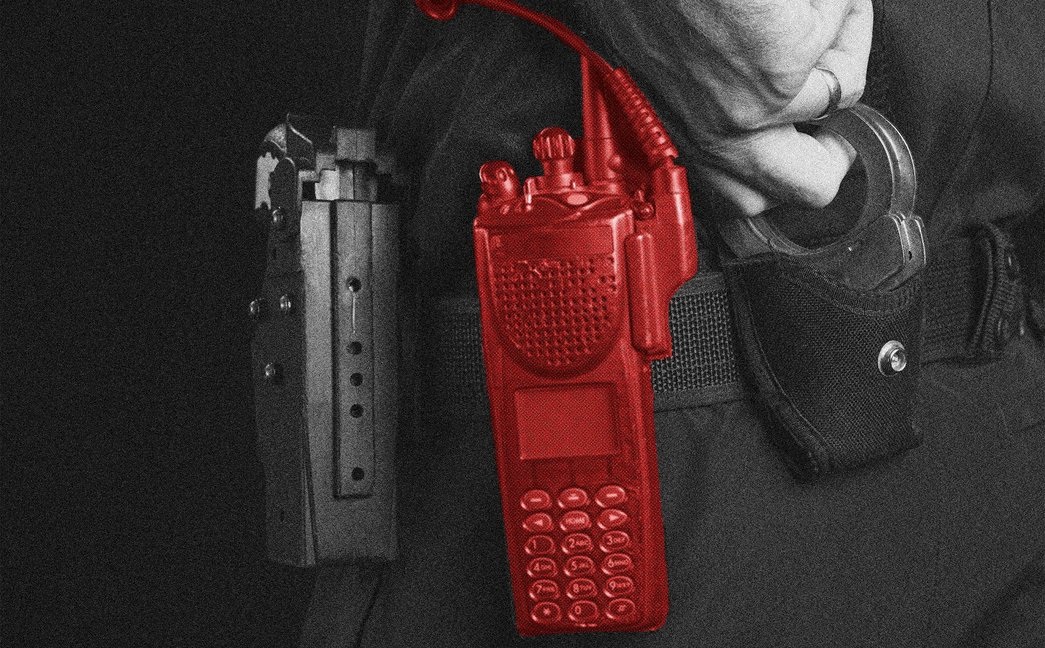TETRA Encryption Vulnerabilities Uncovered

Recent research has unveiled a critical vulnerability in the encryption algorithms used in TETRA (Terrestrial Trunked Radio) standards, widely deployed across global police forces and military operations. This vulnerability was first discovered by Dutch researchers Carlo Meijer, Wouter Bokslag, and Jos Wetzels from Midnight Blue security firm, who found a deliberate backdoor in an encryption algorithm integrated into radios utilized by police, intelligence agencies, and military entities worldwide.
The European Telecommunications Standards Institute (ETSI), responsible for the development of the questioned algorithm, was advised to fortify communications with an end-to-end encryption solution when they disclosed this issue in 2023. This recommendation has, however, come under fire after new discoveries revealed similar vulnerabilities within at least one implementation of this supposedly secure add-on encryption system.
Particularly troubling is the revelation that a 128-bit encryption key initially used gets truncated to just 56 bits, significantly undermining the intended security. Although the exact users of this flawed system remain undetermined, questions linger about the protocol's security level and end-user awareness of these shortcomings.
This end-to-end encryption system, specifically engineered for sectors requiring rigorous security—such as law enforcement and national security services—has been under more extensive usage following ETSI's previous endorsement. Nonetheless, the persistent vulnerabilities exposed by Meijer and his team indicate critical risks, especially as ETSI's guidelines had not included end-to-end protocols within its formal standards.
ETSI has clarified that the end-to-end encryption problem isn't embedded within their official standards and was instead produced by The Critical Communications Association's (TCCA) security sector, which collaborates closely with ETSI. Brian Murgatroyd, representing ETSI and the TCCA, elaborated on differing customer needs driving encryption standards beyond UK shores.
Not all regions deploy TETRA, but it is extensively utilized in European countries, Middle Eastern nations, and others worldwide, suggesting a global security implication. The intricate nature of TETRA's four algorithm types, designed with varying defense levels determined by geographic and use-case specifics, notably affects the reliable adoption of secure communication protocols.
In exploring how this breaching extends to end-to-end encryption, it’s evident that reduced key lengths enable decryption vulnerabilities, amplifying susceptibility to cyber threats through message replay or interception.
The researchers have underscores potential misunderstandings in provider-customer communications about these security standards, pointing toward varying disclosure levels, which affect governmental and military operations' intelligence security.



